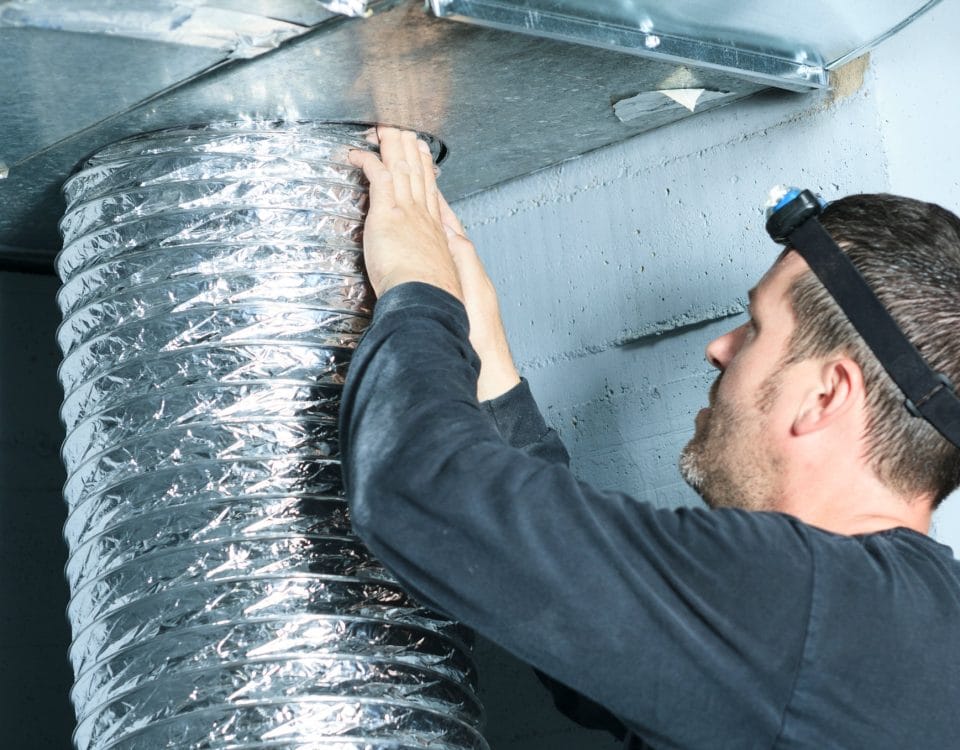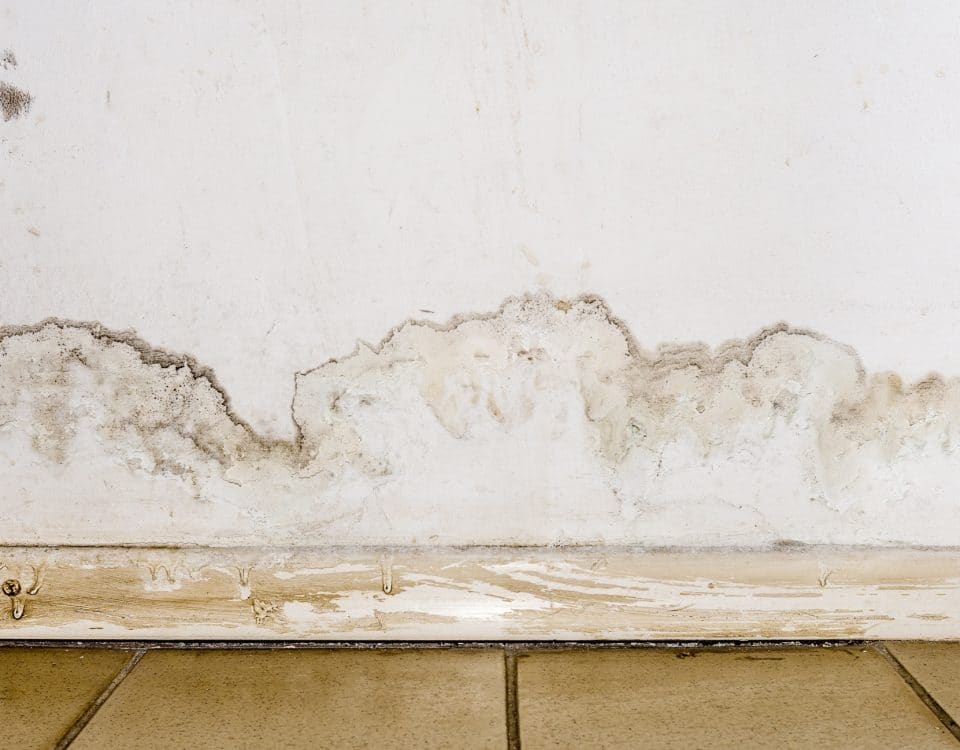Air quality may not be at the top of your list when it comes to your home. However, the air quality in your home directly affects your health and the well-being of your property. Not only does lousy air quality cause illnesses, but it can also cause mold to grow on your property. Water damages, flooding, and humidity all directly affect the air quality in your space.
Flooding and Water Damages
Excess moisture resulting from flooding or water damages can be a health hazard because of the microorganism that enters your home through flooding and water damages. The extra moisture also creates high humidity, which can cause mold to grow, which significantly decreases the air quality in your home. If your home has undergone flooding or water damages, it is important that you have your air quality checked.
Your air quality can be regulated and bettered using dehumidifiers, special filters, and air cleaners. An air quality test will determine the type of air quality control you need. Your air quality can also be impacted by mold, asbestos, and other allergens present in the home. An air quality professional can help with the testing and installing filters and air cleaners. Still, if the source of your decreased air quality is from asbestos or mold, a certified mold or asbestos professional will need to remove the hazards.
If you have noticed more respiratory illnesses or allergies in your home, your air quality could be the cause. For the sake of you and your family’s health, it is crucial to have the property checked for any hazardous materials, like mold, water damages, or asbestos. Removing the hazards can greatly increase your air quality. If your property has too much humidity, it is important to lower the humidity on the property by using dehumidifiers. Humidity and moisture is a common cause of mold growth. If you have not had your air quality checked, now is a great time to ensure your family remains healthy going into the new year!




